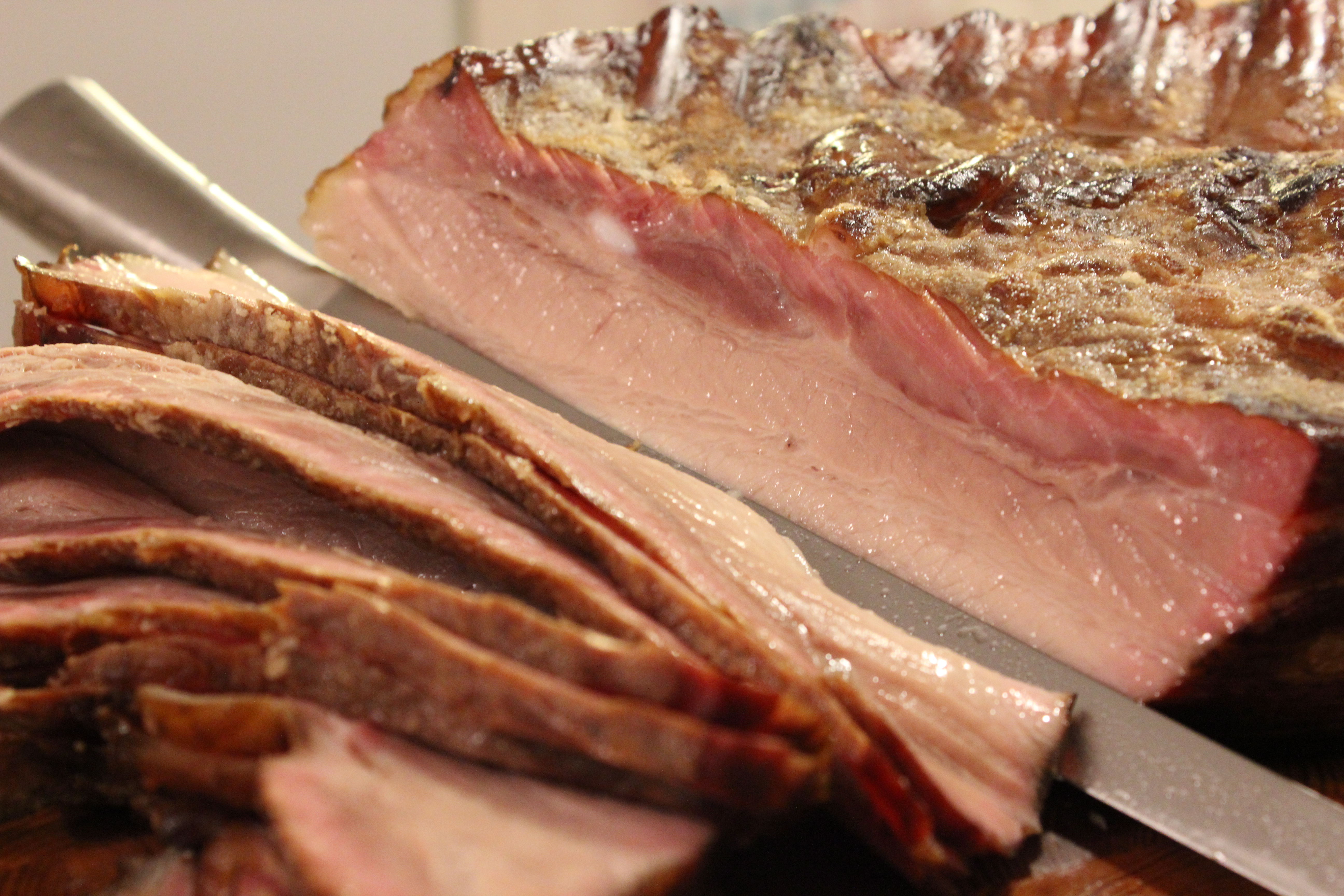Nocturne
Well-known member
cldlhd;n867467 said:Exactly, it can get to the point where you're average simpleton like me can get a bit bewildered.
"Eat eggs! DON'T EAT EGGS!!! No! Wait! Eggs are OK! Just DON'T EAT GRAINS!!! Or saturated fat! Go for heart healthy trans fats instead -- NO, WAIT, DO *NOT* EAT TRANS FATS!!! Stay away from ALL fats! No, wait -- stay away from all carbs! From all carbs AND fats! And cholesterol laden foods -- no, wait, those are OK now! But wait! Maybe not! Eat nuts, they are good for your heart! YOU *FOOL*, *WHY* are you eating NUTS?!? Drink coffee! Stop drinking coffee! Did you have any chocolate today? Do you even CARE about your health? Take these supplements! IDIOT! Stop taking those supplements! Is that an EGG I see you eating?!? Eat salmon instead! NOT farmed salmon, MORON!!! WHY are you eating animal protein anyway?!? You really want to DIE, don't you? GOOD GOD, did you just LOOK at a hamburger? FIFTY DEMERITS!!!"






















